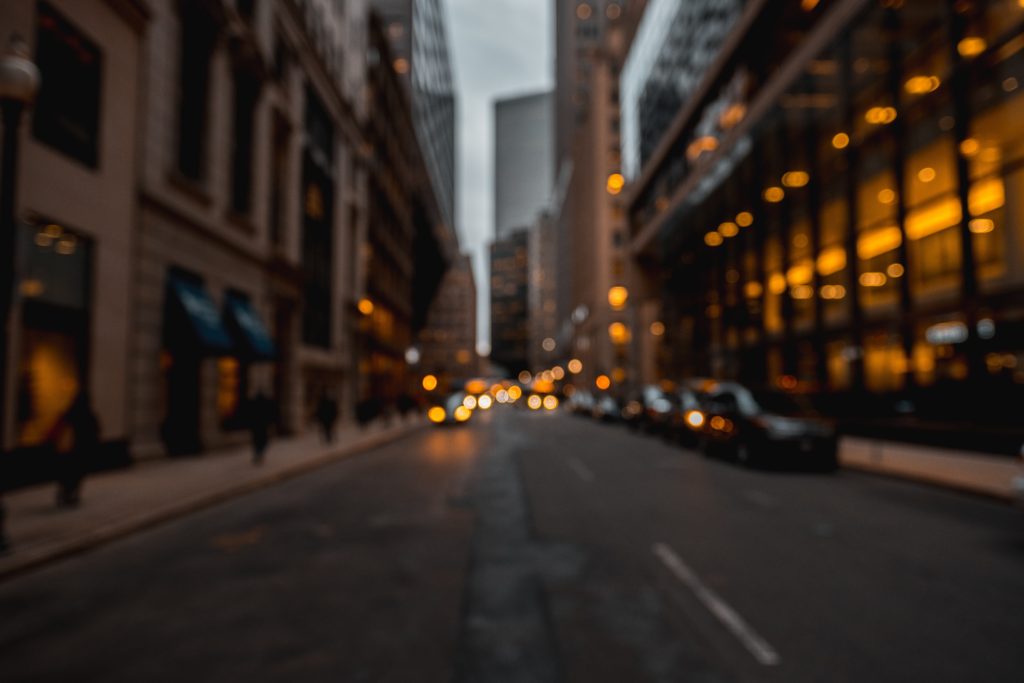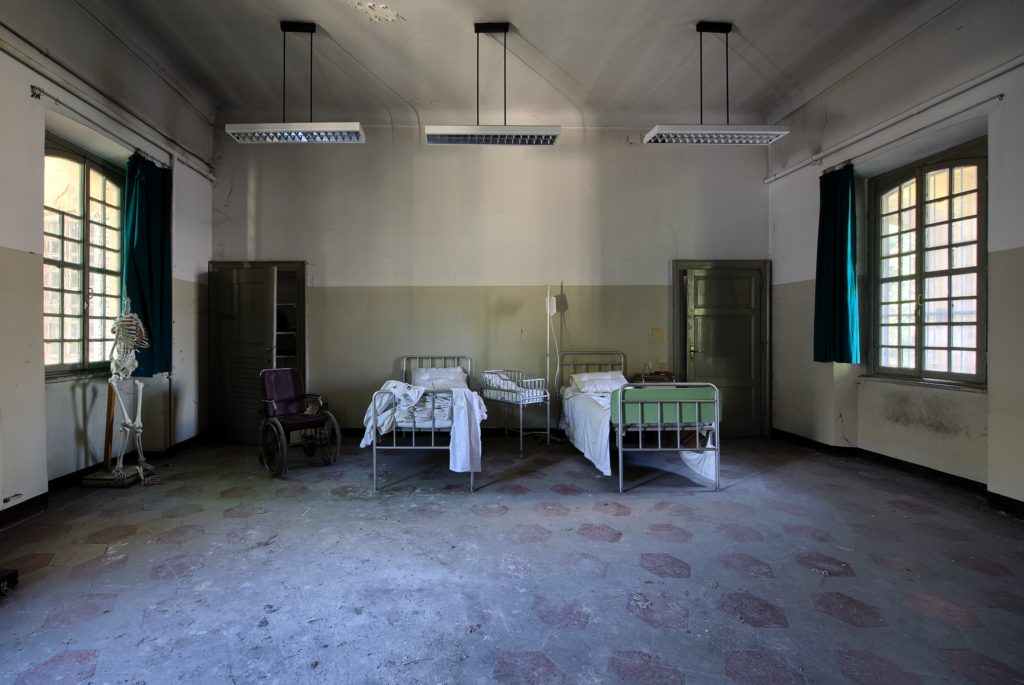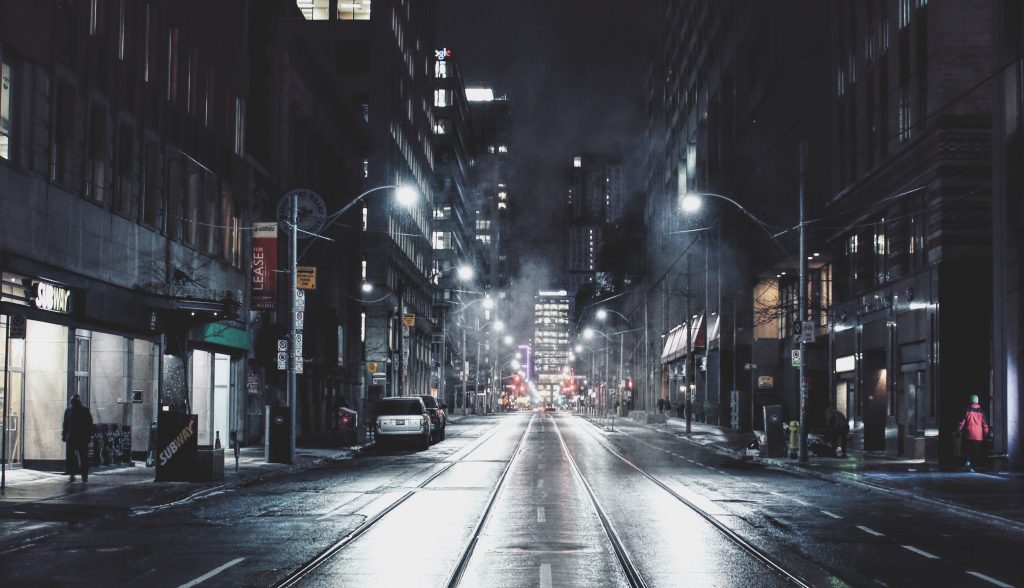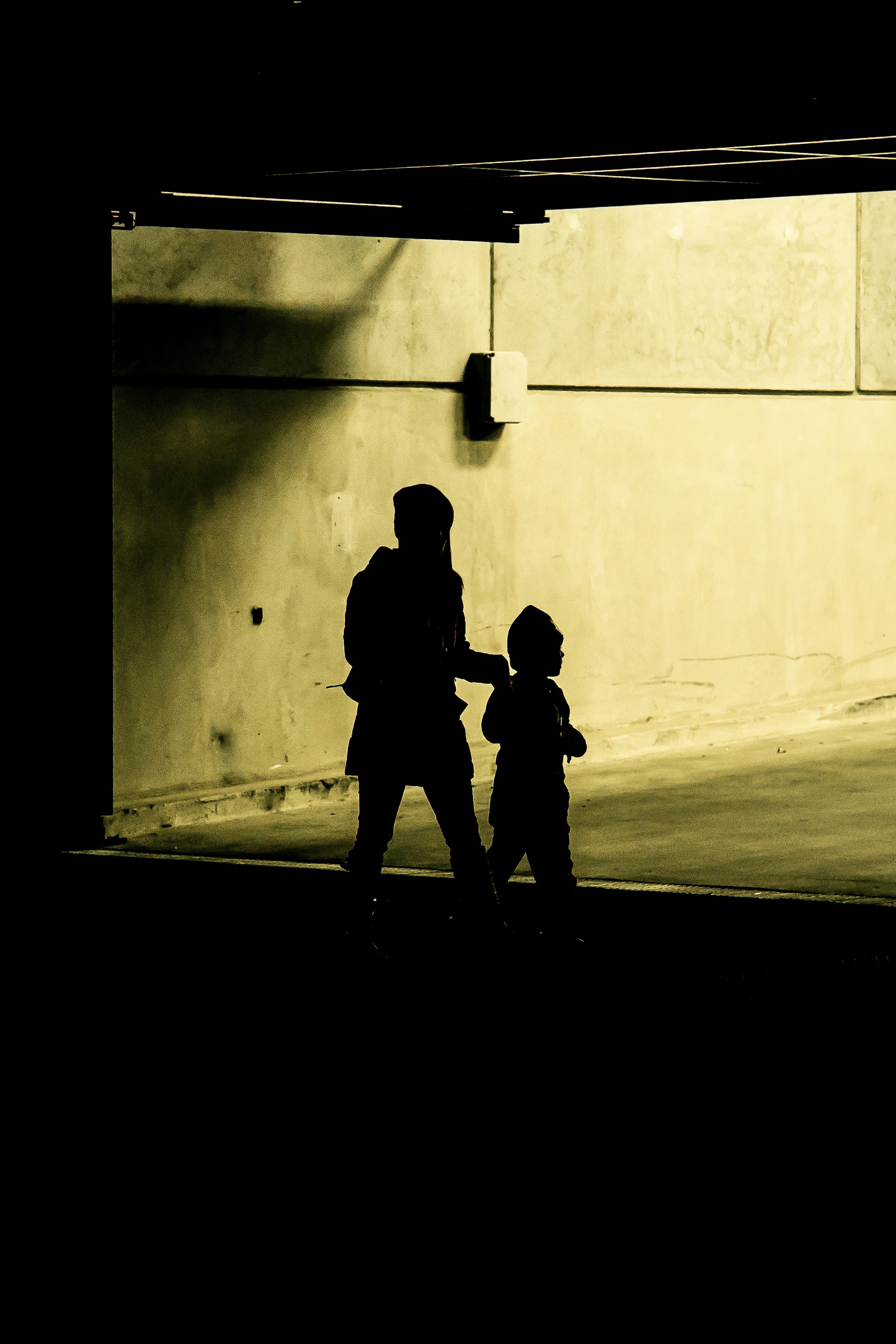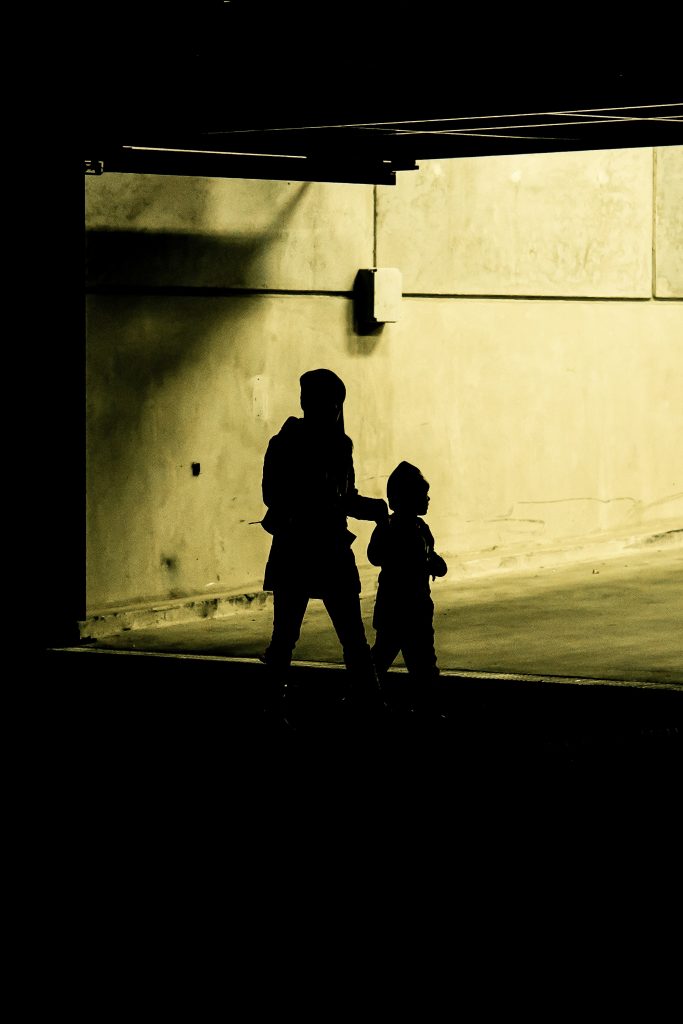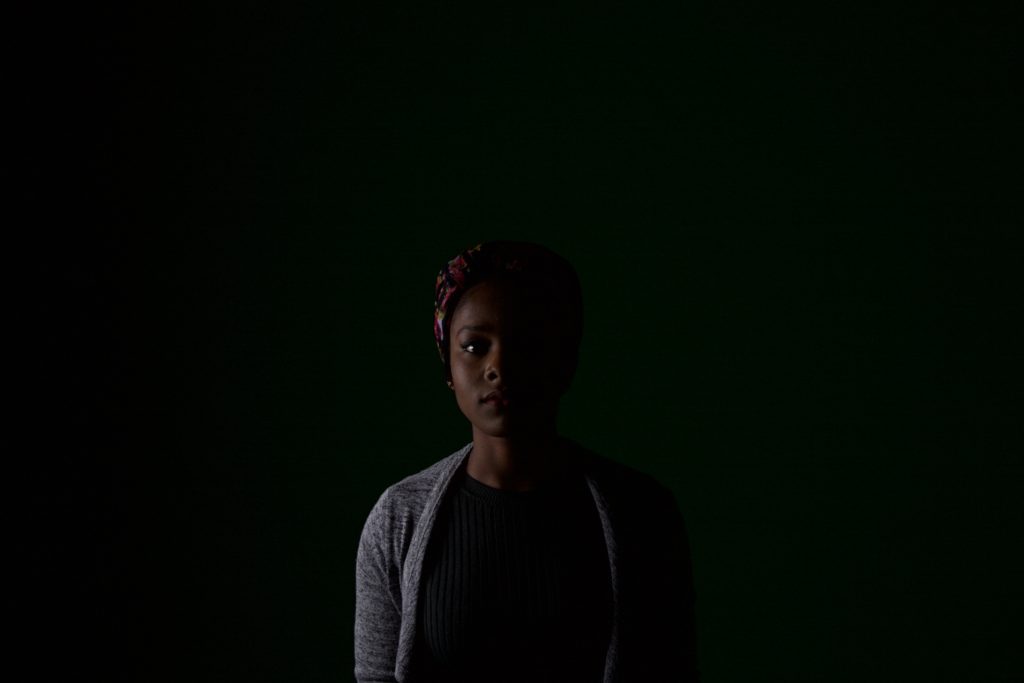
The African-American woman climbs into the back of my car.
“Sorry if you had to walk a bit to find me,” I explain. “Sometimes the app drops the location pin kind of far away.”
She laughs.
“No problem. Happens all the time.”
“So, are you heading to work?” I ask her.
“Yeah,” she says, telling me where she works. Somehow the subject of children comes up, and she gushes over her 10-month-old, talks about all the trouble he’s getting into, how he’s just starting to stand up, how when she gives him a bath she gets as wet as him. When she talks about him, it’s like she’s talking about light, or air.
“Have you worked third shift for a while?” I ask her.
“No,” she says, her voice growing quiet. “I used to work second shift, but I missed my baby too much. This schedule works better for me. I work 9pm to 7am, while he’s sleeping.”
We drive together through the dark streets of the city, joined together by the common love for our children.
* * * * *
I pick up another African-American woman, and she climbs into the back with a chattering little boy.
“Mommy, I want to eat my chicken nuggets!” he protests, and I hear my own three-year-old in his voice.
“How old is your little boy?” I ask. I can’t see her – it’s dark in the car – but I can hear the smile in her voice.
“He’s 2 1/2. He’s a handful.”
“Sounds adorable to me,” I say, laughing. She smiles.
U2 comes on the radio, an old song from Rattle and Hum, and she sings quietly along with Bono in the back seat of my car.
I have scaled these city walls
These city walls
Only to be with you
What I’m looking for
But I still haven’t found
What I’m looking for
* * * * *
I park on James Street. It’s late. Very late. I walk the cold sidewalk to the front door, unlock it, let myself in, turn the deadbolt and latch the chain behind me.
The house is warm. The kitchen light is on. Lucy sits at the table, working on a project.
“Hey, girl,” I say. “What are you doing up?”
“My project,” she says, her lip trembling. “I guess I didn’t save it right. I don’t know what happened. I lost all the work I did over the weekend.”
“Oh, shoot,” I say. I sweep the kitchen floor. Put some dishes away. She types persistently at the keys.
I go upstairs and tell Maile I’m home – she’s already hibernating under the covers. The cold presses in at the windows, and our Christmas tree lights up the bay window area of our bedroom. We whisper for a few minutes. My eyes are heavy and bloodshot. The covers call my name.
“I’d love to snuggle up here,” I say, “but our daughter is still at work downstairs and I hate to leave her there alone.”
Maile nods, smiles, kisses me, closes her eyes. I walk back down the hall and the stairs with their creaking boards, back down to the kitchen.
“I’ve got some work to finish up,” I say, setting up my computer beside hers. We type together, our fingers clicking over the keys.
“Check this out,” I say, starting up my new Spotify list. “I haven’t shared this with anyone else yet. I think you’ll like it.”
So, there we sit, the two of us, listening to Johnny Cash and Amos Lee and Jason Isbell. This is, I think, how we get through life: sitting side by side, working through the unexpected glitches together.


